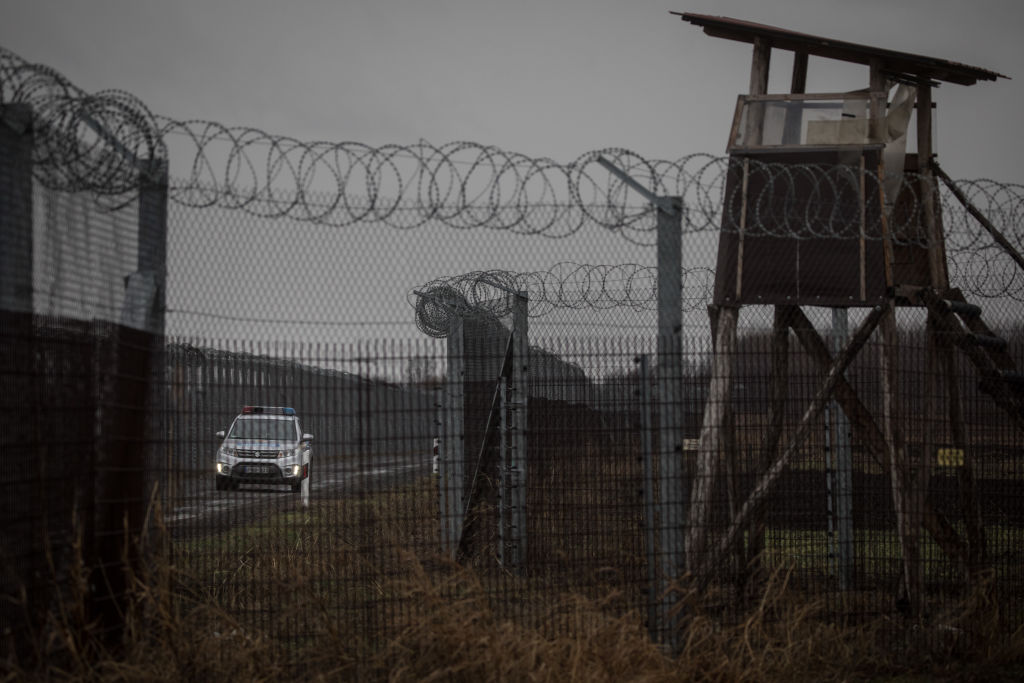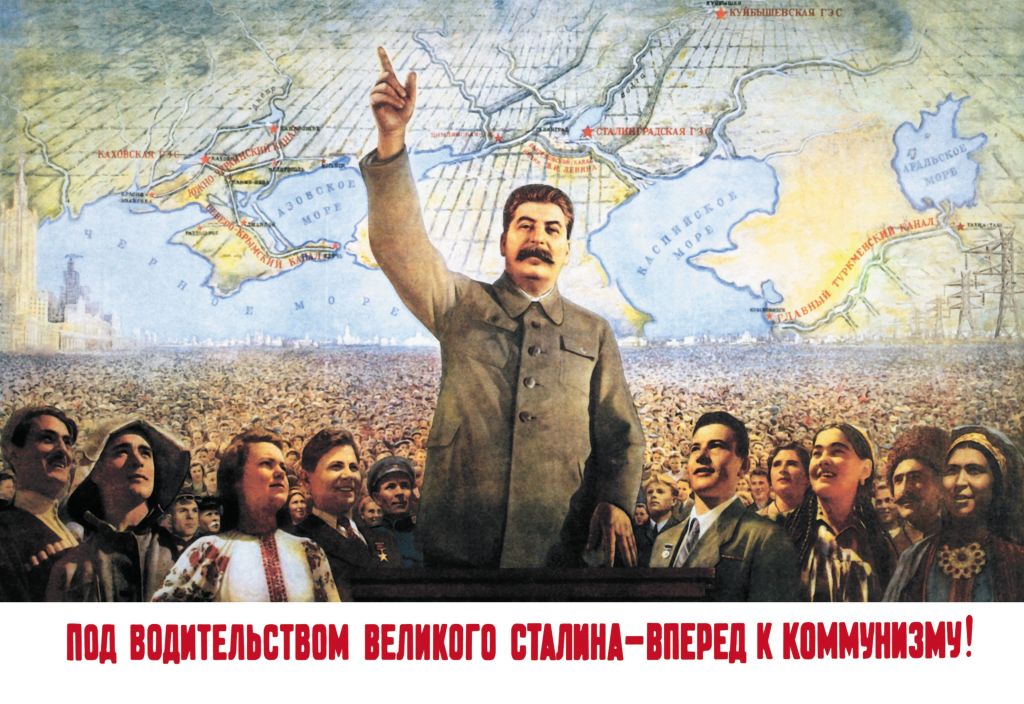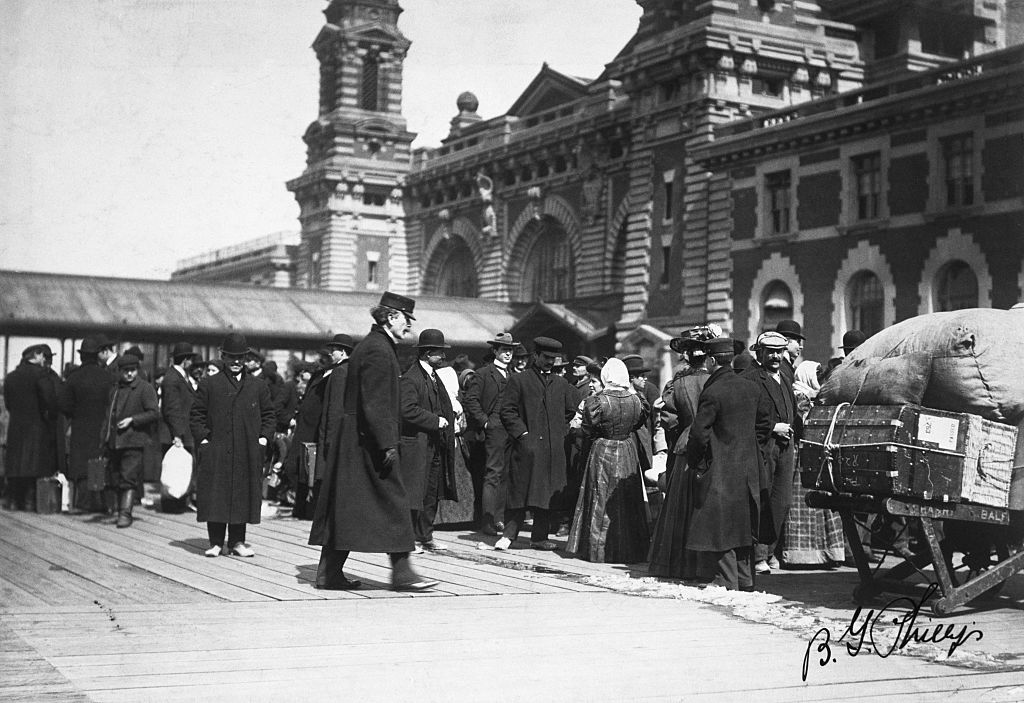Ever since the possibility of a second presidential term for now president-elect Donald Trump first appeared, Brussels has fretted about “Trump-proofing” trans-Atlantic defence. France24 reported that Brussels was going “full-throttle” into Trump-proofing, while the BBC discussed how allies were attempting to Trump-proof NATO.
This was always rather silly. The American president has wide latitude to conduct foreign affairs. “Trump-proofing,” whatever that means, is essentially impossible. Even the vaunted Article V of NATO, which Atlanticists have long upheld as sacred, requires nothing of the US president. The text simply says a NATO member must take “action as it deems necessary,” which can be as limited as sending helmets.
It is also silly because Brussels has simply not been serious about its own defence, spending paltry amounts and mostly paying lip-service to the idea of spending more. When countries such as Germany do spend more, they often use fuzzy math to get to spending targets.
Brussels has also been thinking far too narrowly. Until now, they have mostly been concerned about three things: Trump’s trade policies, his energy agenda, and his desire to force Europe to defend itself. The first two, Europe can do nothing about from within – so it has been content to focus on the third, figuring that fuzzy math can convince Trump of their seriousness.
But this understates the demands Trump could likely make. In exchange for continued defence, or even some measure of military aid, the Trump administration could radically seek to reshape Europe’s relationship to America.
The first hint of that came recently via an interview Vice President-elect JD Vance gave in which he said that the Trump administration could hypothetically demand that Brussels stop going after Elon Musk’s X in return for continued support for NATO. While this is not the first time the American Right has expressed frustration with Brussels’ regulating tendencies – this past August, Congressman Jim Jordan demanded the EU not “interfere in US politics” via regulations on X – it is the first time that someone so high ranking has made such a statement. It also comes on the heels of Germany’s Vice Chancellor Robert Habeck making a demand for more regulation in the wake of Trump’s election victory.
It is likely Vance’s comment will cause much gnashing of teeth. Any past suggestion that the relationship between the US and the EU is transactional often elicited fury from trans-Atlanticists. President Joe Biden called NATO’s mutual defence clause “sacred” many times, and Trump’s past commentary that America was being ripped off made European leaders confused or angry.
But this view from Brussels fundamentally misunderstands how the relationship between the US and the EU has changed. Two things have linked America and Europe: the shared inheritance of Western civilization and history, and the Cold War. The former was through cultural and societal links, the latter through military and national security necessity.
But now both of those links have broken.
The first has broken due to the progressives in Brussels and DC who decided to entirely throw away the West as a concept. Western history is not much taught in universities and Western thinkers are derided as colonial. Anti-Western communists literally help to write European Union education policy. Individuals like Vance and Trump, who believe in Western values, simply will not be convinced those values are worth the billions in dollars of defence spending if Brussels then turns around and calls those values outdated. Attempts at refiguring Western values into LGBT rights will also not fly. Trans rights did not build the West.
The Cold War also kept America closely tethered to Europe, as Eastern Europe was ground zero of that fifty-year conflict. But the West won the Cold War. While the Soviet Union was a threat which could have ended America with a globe-spanning ideology, the Russian Federation is not. It is not not a threat; but it is, for the United States, not as threatening as China.
Russia is, however, threatening to Europe. But Brussels does not seem to realize that the incoming Trump administration does not equate Europe’s interests with America’s. Brussels and the American Atlanticists do not see this because they do not want to see the relationship as transactional. If they can portray it as something sacred, then it becomes a fait accompli. But if it becomes transactional, then they have to give something up.
With Vance’s comment, that “something” may be a lot more than having to spend more dough on defence – it might be some of their sovereignty. Western values have slowly transformed into American values. If Brussels wants to continue to be defended by the US, they might want to think about re-adopting those Western values once again.
But it also might go beyond that. EU bureaucrats’ conceptions of themselves might have to change. Whenever America elects Republicans, it elicits guffaws in Brussels. The same Atlanticists who demanded US defence mock the country which defends them. Just months ago, the German government bafflingly mocked Trump in a post (ironically) on X, and Brussels bureaucrats frequently jeered him as president. And during former President George W. Bush’s first visit to Europe in 2001, the New York Times reported that European leaders “spoke condescendingly” of him in comments which were “intended to inflate the European Union’s collective ego.” But Bush was ultimately willing to accept those comments, so long as Europe went along with his Middle Eastern crusades. President-elect Trump, in his first term, was likely distracted by a fractured party and an administration which had lingering Old Guard members.
This time around, the administration is looking to be staffed entirely with those who think in line with Trump’s America First philosophy. If Brussels does not understand that – and does not quickly ready itself to take a more subservient position or think of other ways to make the transaction worth America’s while – it may find itself without a benefactor.





Europe finds butter delicious and guns too pricey to pay for defence